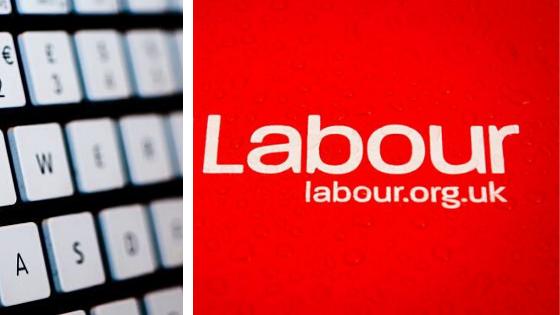
The UK’s main opposition party says it has experienced a “sophisticated and large-scale cyber attack” on its digital platforms.
In a statement to CNN, a Labour Party spokesperson said the attack had “failed” because of the party’s “robust security systems.”
“The integrity of all our platforms was maintained and we are confident that no data breach occurred,” the spokesperson said, adding that the matter has been reported to the National Cyber Security Centre, a UK government agency.
“Our security procedures have slowed down some of our campaign activities, but these were restored this morning and we are back up to full speed,” they added.
The UK is holding a snap general election on December 12 and the Labour Party is aiming to oust Boris Johnson’s Conservatives from power.
Speaking to supporters in Blackpool, England, leader Jeremy Corbyn said no Labour information was downloaded.
“We are looking into who might have been behind it,” Corbyn said, adding: “if this is a sign of things to come in our election, I feel very nervous.”
According to the PA news agency, Labour sources would not be drawn on the details of the attack or who they thought might be responsible. However, a National Cyber Security Centre (NCSC) spokesperson said it was a distributed denial of service (DDoS) attack, adding that there was one in the morning and one in the early afternoon.
“The NCSC is confident the party took the necessary steps to deal with the attack. The attack was not successful and the incident is now closed,” the spokesperson added.
DDoS attacks are relatively simple and are considered a very basic tool in a hacker’s toolkit. They usually rely on an attacker leveraging an army of compromised computer systems to flood particular networks with traffic, slowing it or shutting it down entirely. Because those compromised systems can be anywhere, it’s usually difficult or even impossible to confirm who’s responsible.
The Labour Party uses Cloudflare, a leading San Francisco company, to protect itself from DDoS attacks. Cloudflare declined to comment, citing client confidentiality.
Before the last UK general election in 2017 the worldwide WannaCry attack disrupted hundreds of National Health Service trusts and doctors’ practices, leading to thousands of appointments and operations being canceled.
A wide array of Russian and Chinese private and public institutions were also hit in the ransomware outbreak which infected tens of thousands of systems across 164 countries.
















